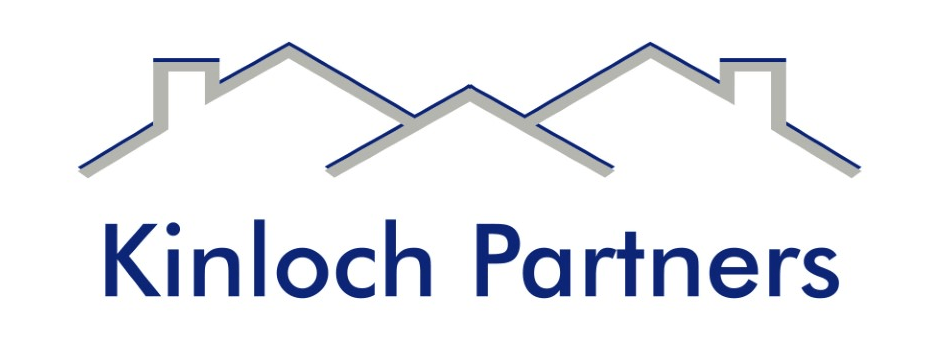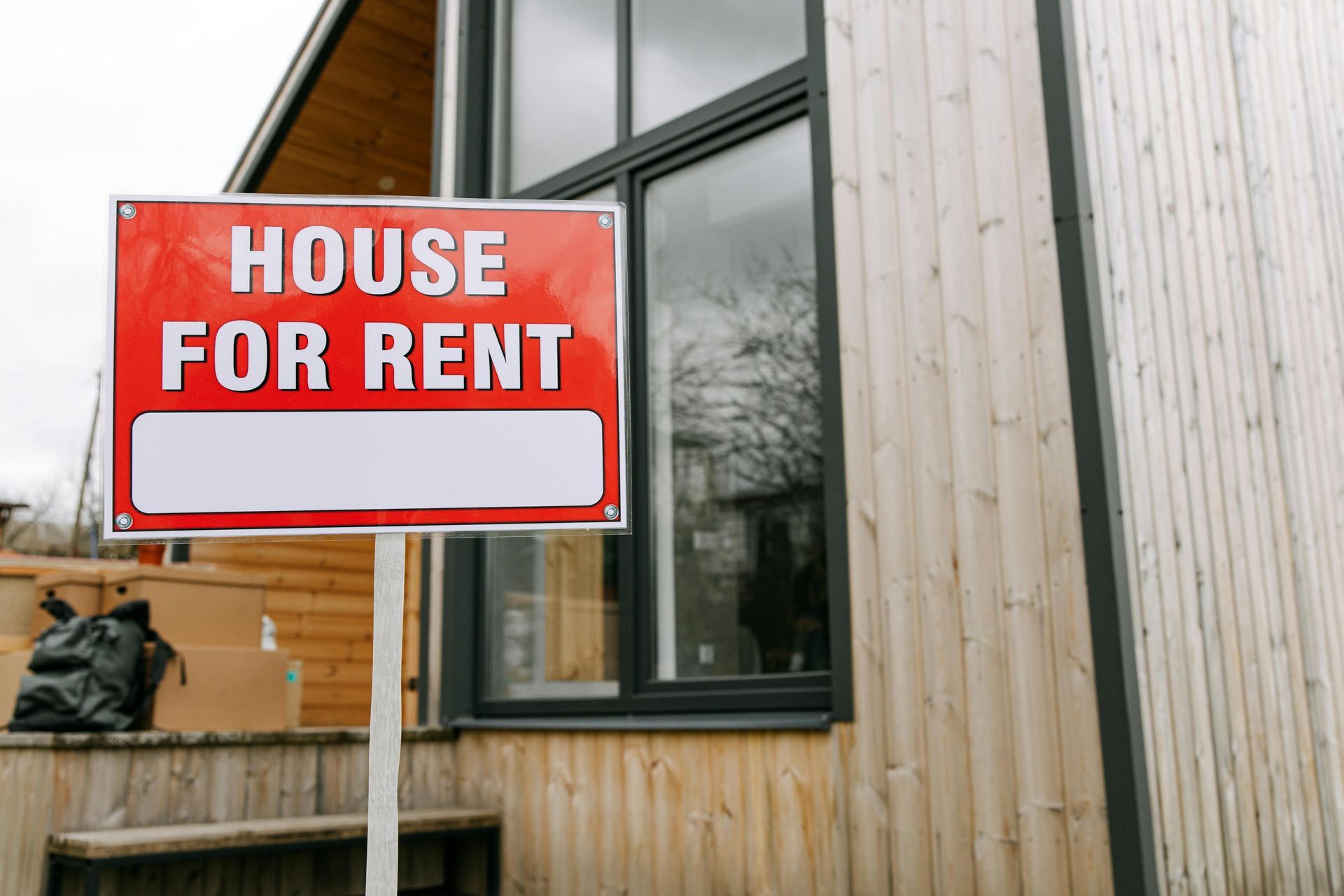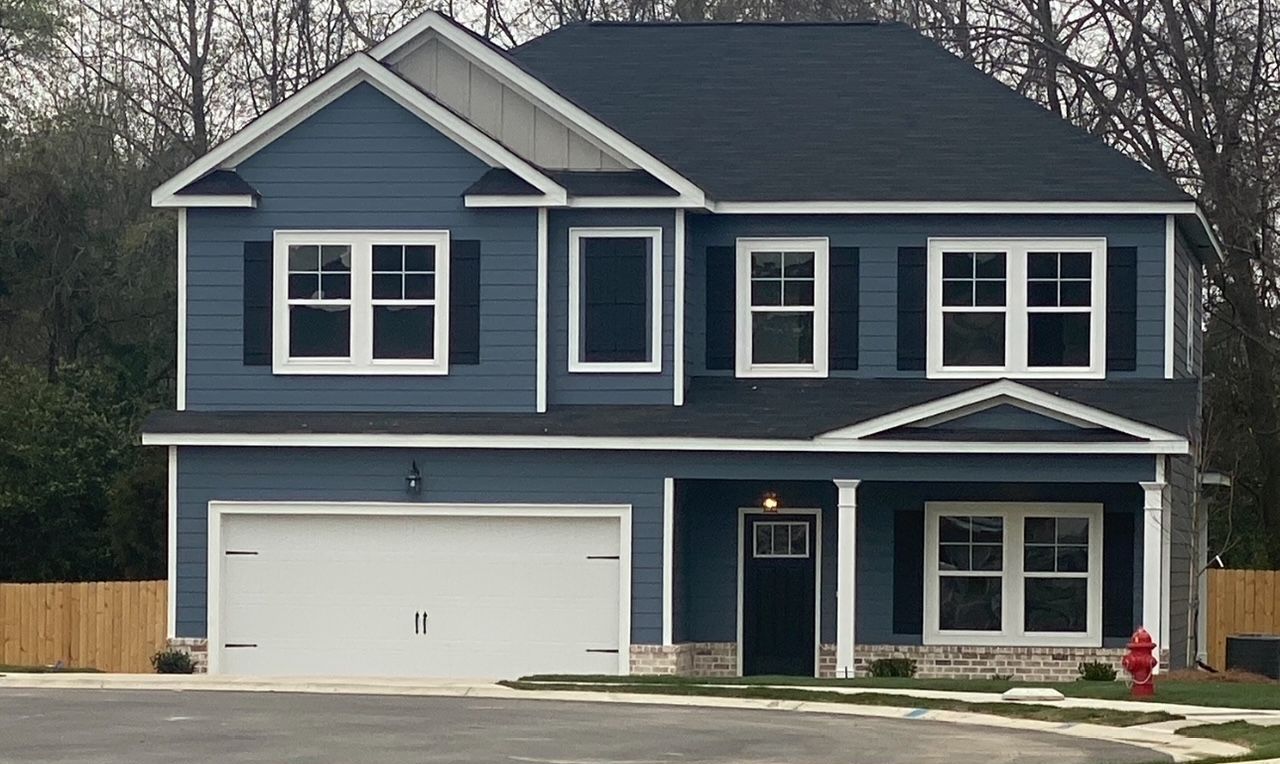Rent-to-own home business enters the Upstate market
A Tennessee real estate investor has entered the Upstate market, hoping to capitalize on the shortage of affordable housing for young couples raising families and entering the workforce.
Kinloch Partners LLC of Franklin, Tenn., is buying 20 new homes for nearly $4 million in five Spartanburg area communities, the first of 100 new homes to be bought in the Greenville-Spartanburg region over the next year, according to co- founder and CEO Bruce McNeilage.
McNeilage said his rent-to-own strategy has already proven successful in Atlanta and Nashville, and he’s betting on the same success in the Upstate.
“Flat wages combined with escalating real estate prices have made home ownership more difficult today,” said McNeilage, who founded Kinloch Partners with Christopher Zachary in 2011. “Our goal is to help create more stable communities by creating a path for home ownership. Greenville/Spartanburg is an up-and-coming real estate market, and we look forward to investing in and strengthening these communities.”
Kinloch Partners has already been in contact with area home builders and has bought or plans to buy new homes in Boiling Springs, Lyman, Moore, Duncan and Greer.
Those communities are along or near the bustling Interstate 85 corridor, and the company expects that those homes are bound to only increase in value.
The dwindling dream
McNeilage said many young people and even retired seniors have been priced out of the housing market. He wants to offer homes for rent with the option to purchase in the $149,000 to $199,000 price range.
“Home ownership is one of the cornerstones of the American economy, and our rent-to-own strategy is helping more people realize this dream,” he said. “We have been very successful deploying this strategy in the Southeast and are excited to help more people in South Carolina realize this dream as well.”
The lack of affordable housing was brought up as a major issue in last year’s One Spartanburg report for the Spartanburg Area Chamber of Commerce. It was cited as a factor in “brain drain,” the emigration of young, educated people.
“In Nashville, if a millennial can’t find a place to live, we have brain drain,” McNeilage said. “When you’re young, you can take your BMW and move to another city.”
One retired couple from West Virginia who moved into a Kinloch home in Boiling Springs after three years in Florida is Jerry and Lillian Shaffer.
When they moved to Florida, they noticed that they missed experiencing all four seasons, which they had enjoyed in West Virginia. But the couple didn’t want to move that far north. So they looked at Boiling Springs, as they had previously vacationed near Lake Bowen.
“The possibility of leasing the home to buy was attractive,” said Lillian Shaffer, a retired registered nurse.
“We like the people here. They are very friendly,” said Jerry Shaffer, a retired electrical engineer. “Plus we like Lake Bowen and plan on eventually buying in the future.”
They said finding a house to rent was difficult, but they found one in the new River Rock subdivision — a one-story, three-bedroom home with large kitchen and two-car garage that was available from Kinloch. They just moved in, having to pay the first October rent of $1,625 plus a $1,625 security deposit.
“The whole process couldn’t have gone smoother,” Jerry Shaffer said.
Concept now new
Manning Lynch, a past president of the Home builders Association of Greater Spartanburg, said the idea of rent-to-own is not new. He has built homes, rented them and then sold them later at a profit. But only a few times have the renters ended up buying the homes, he said.
“Not a lot get acquired that way,” Lynch said.
But he said the business model is profitable for investors.
“His approach makes sense,” Lynch said. “If done well, it could make you some money in the long run.”
Kinloch also develops condominium projects, McNeilage said. The most recent project, Solo East, was unveiled early this year in east Nashville. It has 121 units. Prices started at $199,000, and McNeilage expects that 15 percent of them would be priced at $99,000.
“I don’t see an end to the need for this kind of housing,” he said. “I’m going to do Solo North, West and South Nashville.”
Investment returns
McNeilage started investing in real estate more than 25 years ago and has bought more than 450 properties and sold 150 throughout Georgia, Florida and Tennessee.
Zachary, a childhood friend, started in the business buying, fixing up and flipping single-family homes and then later multi-unit townhouse complexes.
They are engaged with private equity funds, hedge funds and real estate investment trusts that have an interest in buying brand new homes, McNeilage said.
He said he has consistently delivered 15 percent to 20 percent returns annually for his investors.
The rent-to-own strategy works like this:
First, the new homes have the basic amenities that most young families want — granite countertops, three to five bedrooms, hardwood floors and stainless steel appliances. Some have garages with bonus rooms above and have access to a community pool and clubhouse.
Rentals include a standard 12-month lease with no obligation to buy. Month-to-month leases are also available. Rents may run from $1,000 to $1,500 a month. If a renter decides to move, 30 days’ notice is required.
They can decide to buy the home at any time, he said.
“Every single house is available for sale,” he said. “We don’t accept a dollar down. Some have rented for a year; some are still there nine years later, (renting) month to month.”
He said Kinloch is one of a handful of companies using the rent-to-own strategy, which he said is surprisingly low because home ownership for many young people across the country is out of reach financially.
Not for everyone
Local real estate agent Charlianne Nestlen of Coldwell Banker Caine said the rent-to-own model is not for everyone.
“It’s a double-edged sword,” she said. “Yes it’s great for people who can’t qualify for loans or have a down payment. But a lot of our neighborhoods don’t allow that model. They don’t want rentals to be part of the neighborhood. They don’t know the tenants or know if they have background checks done.”
McNeilage said renters must not only be qualified for his homes, but are encouraged to become a part of the community’s schools and activities.
“We really feel we’re unique,” he said. “Kids play with the kids next door, wives barbecue and church together. They literally art part of the community. There is no stigma because every house is new.”
Nestlen said many people have a misconception that home ownership is out of their reach.
“Yes, not every person can run out to buy a home. Some say they’ve got bad credit, but a lot of programs accept a 600 credit score or even as low as 580. By sitting down with a qualified lender and making a financial plan with their goals, it can get them on track within six months to purchase a home.”
Meanwhile, McNeilage said he sees the Upstate as having a strong real estate market, yet with comparatively few rental units for all the new employees that companies are bringing here.
“The percentage of Americans owning homes has been going down for six decades,” McNeilage said. “Our society’s greatest failing is, if this continues on this downward spiral, it will be financially devastating.”
Original Story here: http://www.goupstate.com/news/20171006/rent-to-own-home-business-enters-upstate-market








